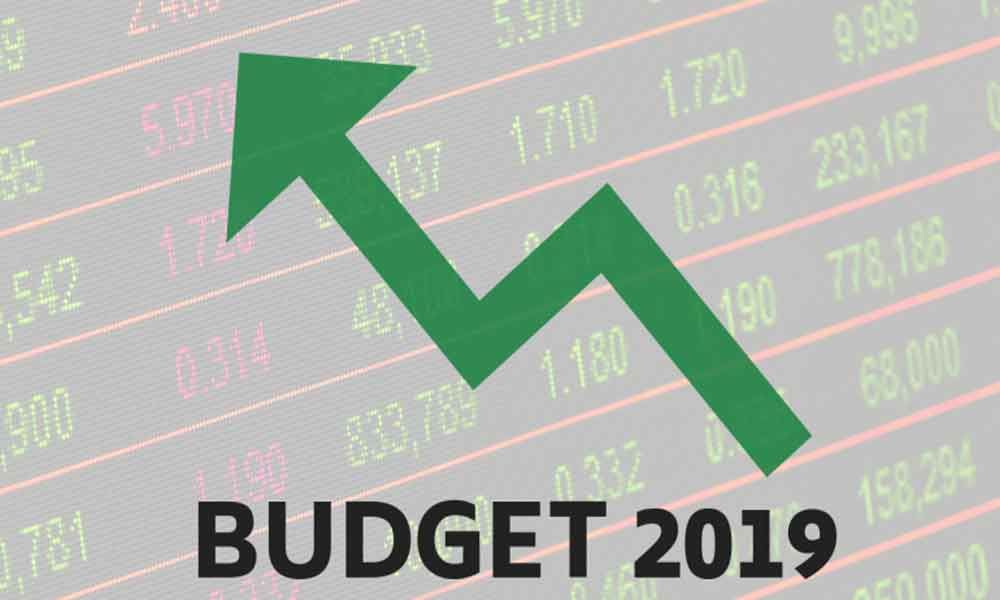Investors looking for growth measures in Budget

A slowing GDP growth rate is a major sticking point for the Indian stock markets at this points and a delayed monsoon and sharp rise in oil prices is further weighing on the investors.
Mumbai: A slowing GDP growth rate is a major sticking point for the Indian stock markets at this points and a delayed monsoon and sharp rise in oil prices is further weighing on the investors.
Sensex and Nifty have failed to sustain the key levels of 40,000 and 12,000 after breaching them post the conclusion of the general elections, primarily owing to concerns over slowdown.
"All eyes are on the Union Budget. A reformist budget with big plans for growth is what markets are looking for," Mayuresh Joshi of Angel Broking stressed.
For the market to really move up, it needs a mix of local and global triggers that are supportive, he added.
With the prevailing conditions, all eyes are on the Budget to be tabled on July 5 , to announce measures to revive growth.
Among the key points of concerns for the financial market, analysts noted, were the ongoing trade dispute, spike in global oil prices and shortage of liquidity in the market.
Brent crude, the global oil benchmark rose sharply on Thursday after war like situation developed between Iran and the US after Iran shot down a US drone.
US President Donald Trump on Friday said he was in "no hurry" to retaliate. He warned that the "we were cocked and loaded to retaliate last night" but chose otherwise as its was "not proportionate to shooting down an unmanned drone".
Global financial markets fell over fear that a possible conflict would disrupt flows from the Middle East, which accounts for over 20 per cent of the world's oil output.
Joshi added that the NBFC crisis has the potential to become a major roadblock for the financial markets. "It is essential to draw a line between liquidity and solvency and help out the solvent NBFC get adequate liquidity," he said.
Another major concern has been the consumption slowdown, largely owing to the distress in the rural sector. The sectors require all the more attention in light of the prevalent drought like situations in several states.
Besides, near stagnant wage growth levels and signs of sluggish progress of monsoon is another point of worry.
"Domestic tractor sales growth, often regarded as the major gauge to track rural economy, has been contracting for the past four months, as compared to high double digit growth seen in late 2018. However, the contraction has widened to 16 per cent YoY in May as compared to 13.2 per cent YoY in the previous month," Centrum report added.
"Modi 2.0 needs new modified MNREGA type schemes to boost the Rural economy and pump up the consumption as earliest as possible. Attempt to achieve fiscal deficit target will deepen the crisis in Investment scene for the long term," said Romesh Tiwari, Head of Research, CapitalAim.
However, the only silver lining for the markets came on Thursday when the US Federal Reserve indicated a rate cut in its future meetings. Sensex jumped 489 points higher in response to the Fed comments.
Central Bank actions across the globe pointing to a dovish stance and expectations of rate cuts by the Federal Reserve might boost the inflow of Foreign Institutional Investment.








